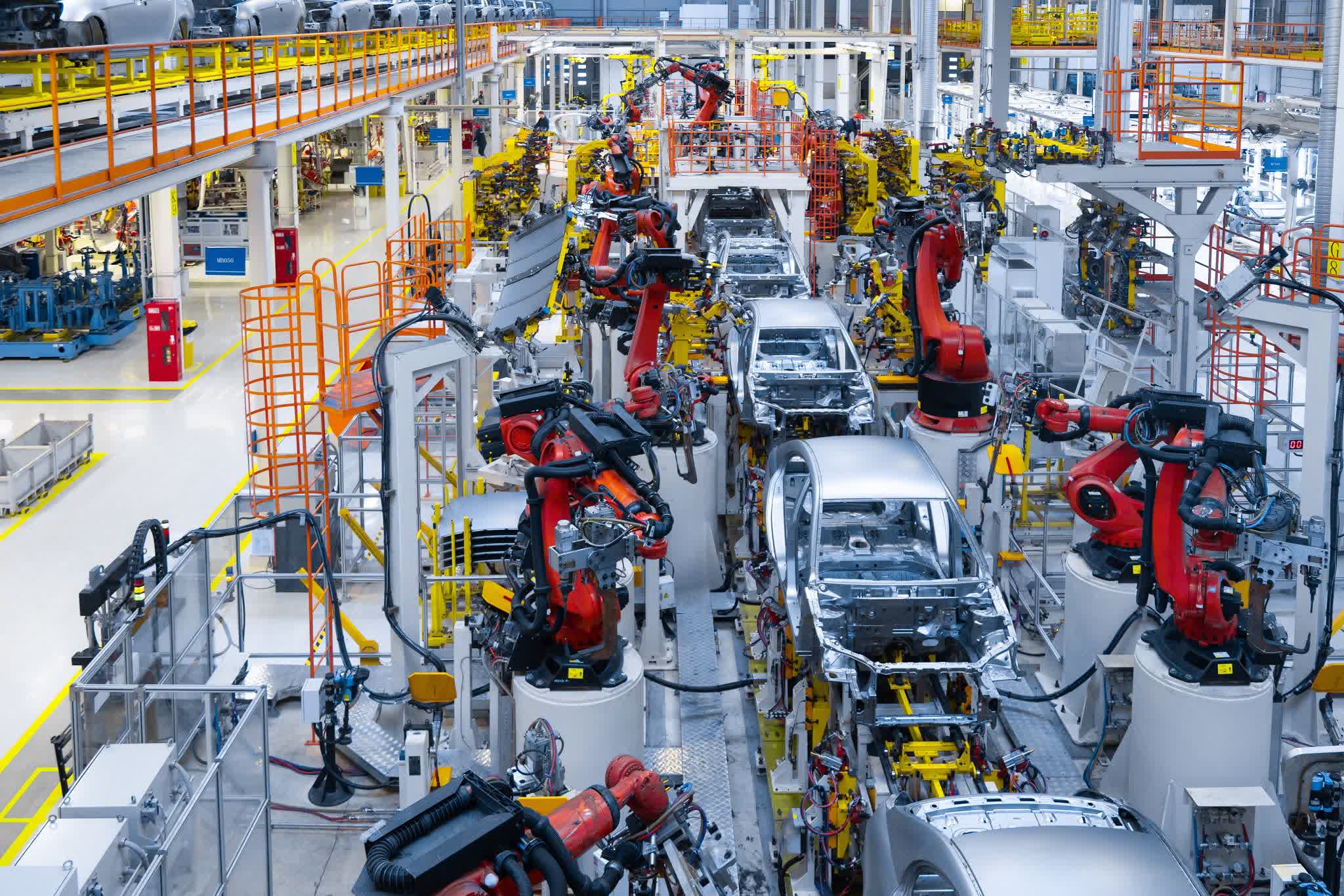In a nutshell: The global semiconductor shortage has delivered an adverse effect on many technology industries, with the auto industry being one of the worst impacted, according to a new report.
Consulting firm AlixPartners expects the chip shortage will cost the worldwide automotive industry $210 billion in 2021 alone. With continuing shortages around the globe, analysts nearly doubled its forecast of $110 billion in lost revenue it initially expected in May.
Accordingly, this will lead to the production of 7.7 million vehicle units being lost in 2021, a significant increase from the predicted 3.9 million units in its May report.
"Of course, everyone had hoped that the chip crisis would have abated more by now, but unfortunate events such as the COVID-19 lockdowns in Malaysia and continued problems elsewhere have exacerbated things," said Mark Wakefield, global co-leader of the automotive and industrial practice at AlixPartners.

The pandemic forced automakers to cut back production due to the decreased availability of chips, but it's not the only disruption to take into account, Wakefield stresses. Shortages are also affecting the resin and steel industries, as well as labor.
Vehicles nowadays come equipped with various electronics for a more complete experience for drivers – central all-in-one displays and self-driving technology among them, all of which incorporate chips to function. Naturally, "there's no room for error for automakers and suppliers right now," Wakefield notes. Firms will need to "calculate every alternative and make sure they're undertaking only the best options."
An increase in product prices in several technology industries was inevitable due to the scarcity of supply – GPUs being one of the worst-hit categories. Shortages are also being compounded by the lack of skilled workers available for chipmakers. However, IDC believes the semiconductor shortage will end by mid-2022, while overproduction could be expected in 2023.
Image credit: Zapp2Photo
